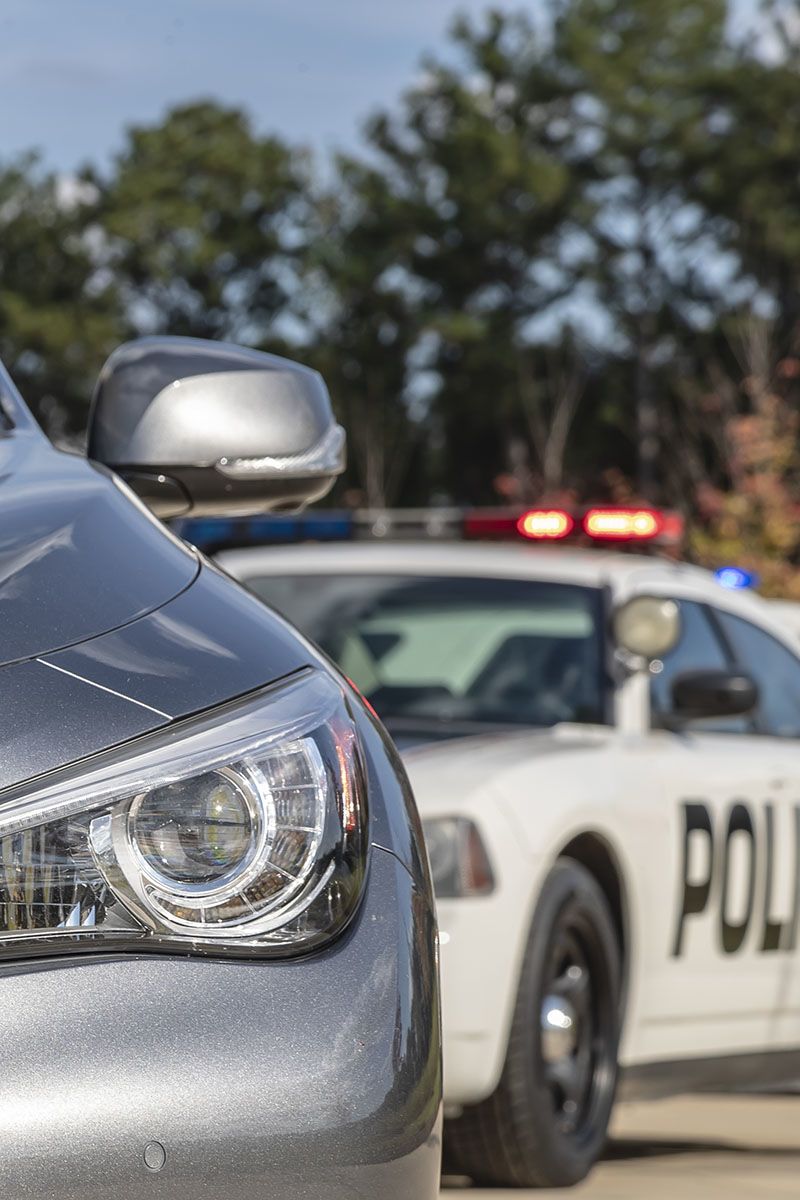
Investigation Rights: A Comparison Between Police Officers and Scooby-Doo
Next time you find yourself wondering about the boundaries of police officers' authority, or if you're ever uncertain about what questions they can and cannot ask you, consider an unlikely source of insight – the adventures of Scooby-Doo and his mystery-solving gang. In the world of law enforcement and animated mysteries, there's an intriguing connection between the rights that police officers possess and the investigative activities of our favorite cartoon canine, Scooby-Doo. While the two may seem like an unusual pairing, examining the shared rights to investigate sheds light on their surprising similarities. In this blog post, we'll explore how the rights that police officers have to investigate are reminiscent of Scooby-Doo's sleuthing adventures.
1. The Right to Investigate:
Police officers are granted the legal authority to investigate crimes, gather evidence, and pursue leads. Similarly, Scooby-Doo and his gang exercise their right to investigate, though theirs is rooted in a different realm of fiction. Both groups use their investigative authority to explore mysterious places, gather clues, and uncover the truth behind perplexing situations.
2. Legal Search and Seizure:
In the real world, police officers must adhere to legal procedures when conducting searches and seizures. They require warrants or probable cause to enter private property. In Scooby-Doo's world, we see a parallel as the gang often explores haunted houses and spooky locations. Their "search and seizure" of clues may not be governed by legal procedures, but it echoes the real-world concept.
3. Interrogation and Questioning:
Police officers have the right to interrogate suspects and witnesses during their investigations. Similarly, Scooby-Doo and his friends often question characters they encounter during their adventures. While the tone and style of questioning may differ, the objective of seeking information remains the same.
4. Collaboration with Authorities:
Police officers frequently collaborate with other law enforcement agencies or experts to solve complex cases. In Scooby-Doo's world, the gang often seeks help from professionals like archaeologists or scientists when tackling supernatural mysteries. Both groups recognize the value of cooperation and expertise in their investigations.
5. Upholding the Truth:
Police officers are committed to upholding the truth and ensuring justice is served. Scooby-Doo and his gang share a similar commitment in their quest to unmask villains and reveal the real culprits behind spooky scenarios. Both are dedicated to bringing the truth to light.
When we examine the rights that police officers have to investigate, it's intriguing to find parallels with the investigative activities of Scooby-Doo and his friends. While their worlds may differ drastically, the essence of investigation, the pursuit of truth, and the importance of adhering to a code of conduct are values that bridge the gap between reality and animation.
It is crucial to remember that knowing your Constitutional rights and asserting them is a fundamental aspect of any interaction with law enforcement. You have the right to remain silent, the right to legal representation, and the right to refuse searches. Only you can assert these Constitutional rights, and understanding them can help protect your liberties.
When engaging with police officers, it's also essential to identify yourself when asked and to inquire if you are free to go if you believe you are not being detained. Being aware of your rights and how to exercise them responsibly can contribute to a more informed and secure society, whether in the real world of law enforcement or the animated world of mystery-solving like Scooby-Doo and his gang.

